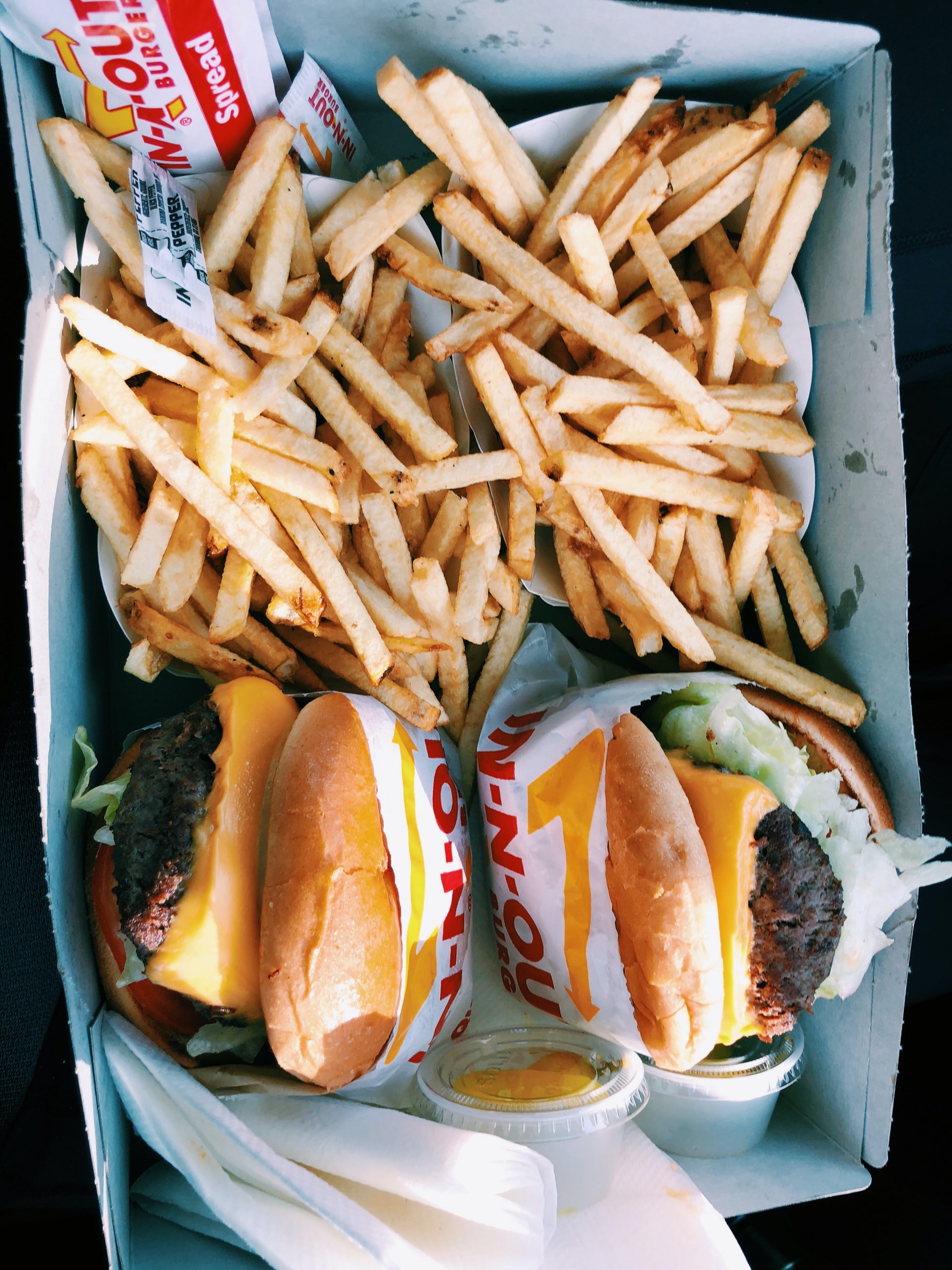
In the realm of nutrition, it’s about habitual, integrated, and established behavior patterns that we learned as children at the dinner table from our parents. Adding to this is the regular influence of our social environment, social media, advertising, and the food industry. These factors contribute to our diet being low in nutrients, full of additives, and artificial flavors. The goal is to make consumers ‘addicted’ to these products so they will add them to their carts with every purchase. Labels like ‘sugar-free,’ ‘high-protein,’ ‘low-carb,’ or the ‘Nutri-Score’ are designed to give the impression that the product is ‘healthy,’ but a closer look at the ingredients often reveals otherwise. When we decide to make a change, our brain’s reward center can react strongly. Our brain loves the familiar and comfortable because it provides us with security and comfort. After deciding to change our eating plan or diet, we often experience irritability, mood swings, cravings, and desires.
These cravings don’t mean that our body actually needs those things; rather, other processes are at play that send signals to our brain, attaching to our hunger receptors, making us crave the very foods that would stop the detoxification process. If we crave fatty and salty foods, it means that the detoxification is likely progressing well. Being aware of this makes it much easier to resist these cravings. Cravings are therefore a good sign—they indicate that your body is clearing out old toxins and waste.
Now, some people might argue that a change is not necessary for this reason and that one should just find a healthy balance in their diet. The term ‘intuitive eating’ is often used. What many forget is that our so-called ‘intuition’ is currently influenced by two strong factors:

Emotions and Addictions.
So, not much of the actual intuition remains. The same goes for the ‘healthy balance.’ Many people think they are eating healthily, even though that is not the case at all. They focus on their protein intake, not realizing that a protein-rich diet is actually a fat-rich diet.
Some people believe that healthy fats like avocado, flax seeds, nut butters, and the like can be consumed in excess because they are ‘healthy.’ This is a critical mistake and leads to those who follow this ‘balanced diet’ approach actually being in an unhealthy state most of the time. The same applies to intensive detoxification programs practiced by some individuals. A radical change in eating habits can force the liver to release large amounts of toxins into the bloodstream, often leading to overwhelm. As a result, the liver may reabsorb all the toxins, rendering the entire detoxification effort ineffective.
It’s important to understand how the liver functions and what it truly needs. If you want to learn more about this, I highly recommend the book ‘Heal Your Liver’ by Anthony William.
